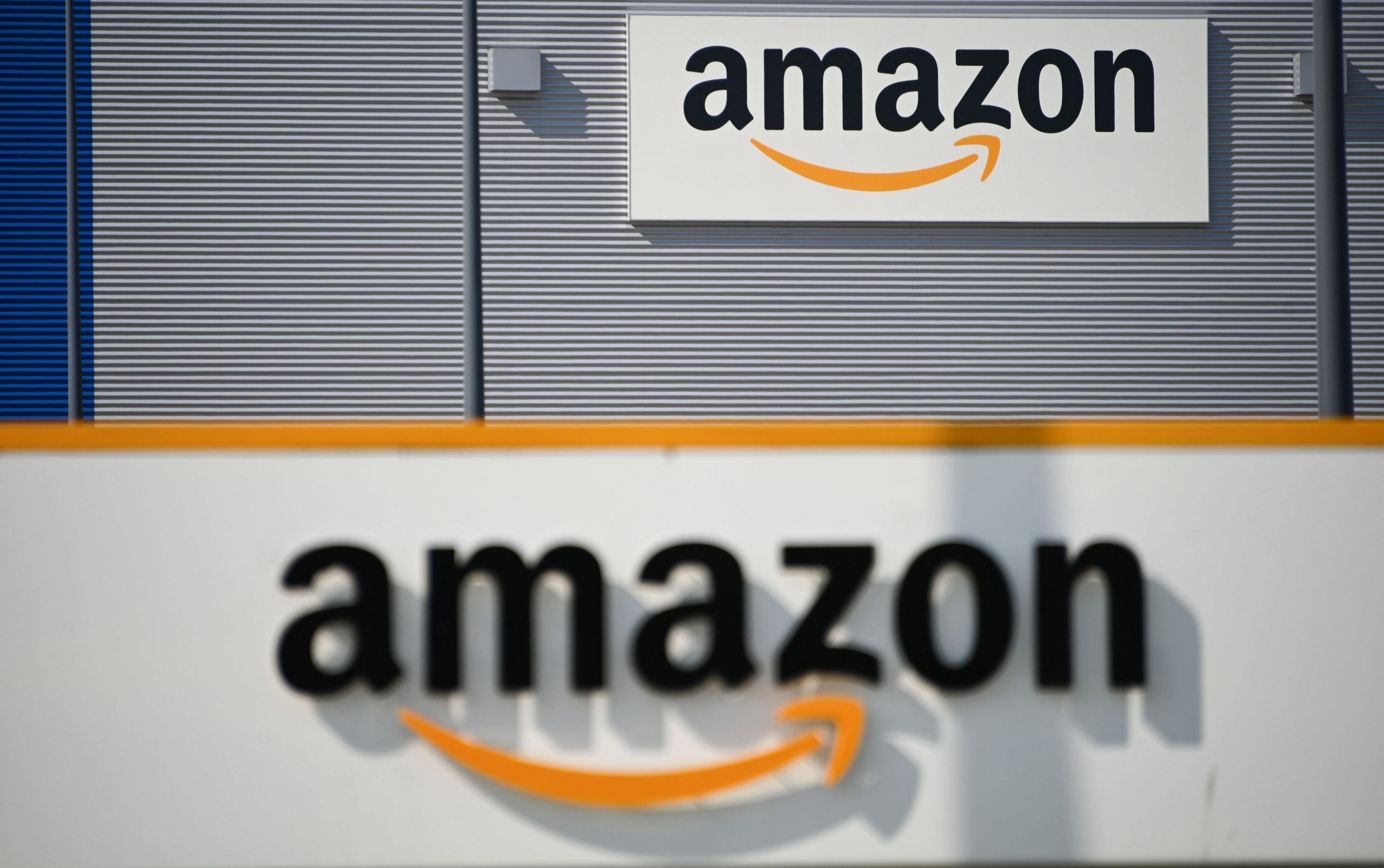After the opening of proceedings against Facebook and Google, the British competition authority is now taking on another big tech company. The Competition and Markets Authority (CMA) has launched a new investigation on Amazon and Google to assess whether they are protecting buyers from fake reviews. The move follows the opening of an investigation by the CMA last May into concerns about how companies were handling fake or misleading reviews on their respective websites.
At the time, the regulator did not disclose which websites it was examining. Instead, it was said to look into issues such as suspicious behavior, such as a single user posting multiple reviews for an unlikely range of products or services. The CMA also examined whether companies combine reviews on products to manipulate their ranking and how websites deal with the seedy practice of rewarding reviews. This type of behavior is illegal under UK Consumer Law, with the CMA responsible for enforcing the rules.
Amazon and Google each wield tremendous power over e-commerce and online search. Last year, Amazon’s annual net sales rose 38 percent to $ 386 billion as people shopped online during the pandemic. While Google fundamentally revised its shopping function in 2019 with new additions such as price tracking and visual search. It followed by recently making most of its retailer shopping searches for free.
However, the two big tech rivals have also seen a regulatory backlash over their alleged abuse of power. As part of an antitrust ruling, the EU fined Google $ 2.7 billion in 2017 for highlighting its own shopping comparison service in the results and downgrading competitors. EU regulators are also currently investigating Amazon’s use of third-party seller data to promote its own products.
In a landmark case in 2019, the U.S. Federal Trade Commission successfully secured a settlement from Cure Encapsulations, Inc. over their payments to a third-party website to write five-star Amazon reviews for a weight loss supplement.
There is also a precedent in the UK for this type of fake review case that could point to the outcome for Google and Amazon. The CMA previously urged eBay, Facebook, and its subsidiary Instagram to stop fraudulent reviews after discovering they were vulnerable to it. As a result, all three companies agreed to remove the identified content along with additional fake reviews and to take new security measures. Under additional pressure from the CMA, Facebook eventually removed more than 16,000 groups trading fake reviews.
All products recommended by Engadget are selected by our editorial team independently of our parent company. Some of our stories contain affiliate links. If you buy something through one of these links, we may earn an affiliate commission.
